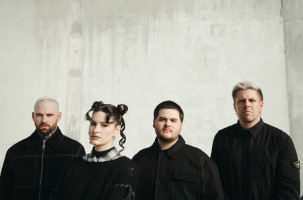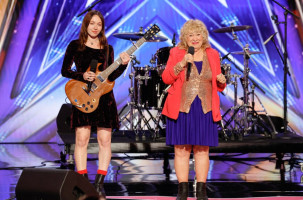We’re now in 2022, two years after the beginning of the pandemic. People have been craving live music for two years, waiting for the time where it might be finally safe to go out to shows.
At the same, music has radically changed over two years. It is understood by audiences that music was the first to impacted by the pandemic and the last to escape it.
Even though music has had a difficult time, audiences do want to help musicians out. It is okay to share “the secret” to your fans – the best way in which they can help you out is to come to one of your shows.
After all, your fans are your fans because they want you to succeed and persist into the future.
What do audiences want from live music in 2022?
Audiences want to pick up where they had left off in 2019. The late 2010s were one of the culturally most dominant periods in live music, with a large demand for festivals and shows amongst the college-aged demographic.
Even if this audience is now older in 2022, they have not lost the desire to see live music. Lost audiences have just been waiting for a time where they could safely go to shows. Show your care for them and slowly welcome them back in. Let them know that they are not forgotten.
Also, current college-aged audiences in 2022 have seen the rise of live music in their childhoods. They want to know why people love it so much, but they’ve have had a gap of two years where it was hard to go to their first show.
As we have seen from the strategies of Charli XCX, Mitski, Brockhampton, and more, fans have better experiences of shows when they all feel connected with one another.
Be present in your fan communities and encourage fans to meet one another. These communities are opportunities to bridge the gap between newer and older fans.
Think of shows as potential gatherings of communities.
What do venues want from musicians in 2022?
Venues want the same things they have wanted in the past – they want to know that you will make them money.
Venues accept risk when they book shows. To mitigate risk, they want to know that artists have followings and that fans are dedicated enough to go to shows.
This is one of the reasons why numbers matter in music. Numbers are information for venues. Streaming and social media metrics help inform bookers what type of “reach” you type. How popular are you? Who are you popular with? How excited are people to see you right now?
Furthermore, venues each have particular audiences they wish to mobilize. Cities are collections of people with diverse histories and subcultures. Venues must respond to the residents of the cities they are in. They must motivate the particular audiences around them to go to shows.
Venues create calendars that excite audiences without exhausting them. Is your audience right for my venue? Is your timing right?
Marketing and gigs.
There is a tie between promotion and monetization in music. If gigs are the biggest money-maker in music and venues look at the audiences that musicians have, the way in which musicians make money is to appeal to the demands of venues.
Marketing is a way to communicate to venues who your audiences are, helping answer all the above questions when they search of you.
This all takes careful strategy, oriented to the needs of talent buyers.
For help in this, we at Starlight offer a variety of services for artists at any stage of their career.





